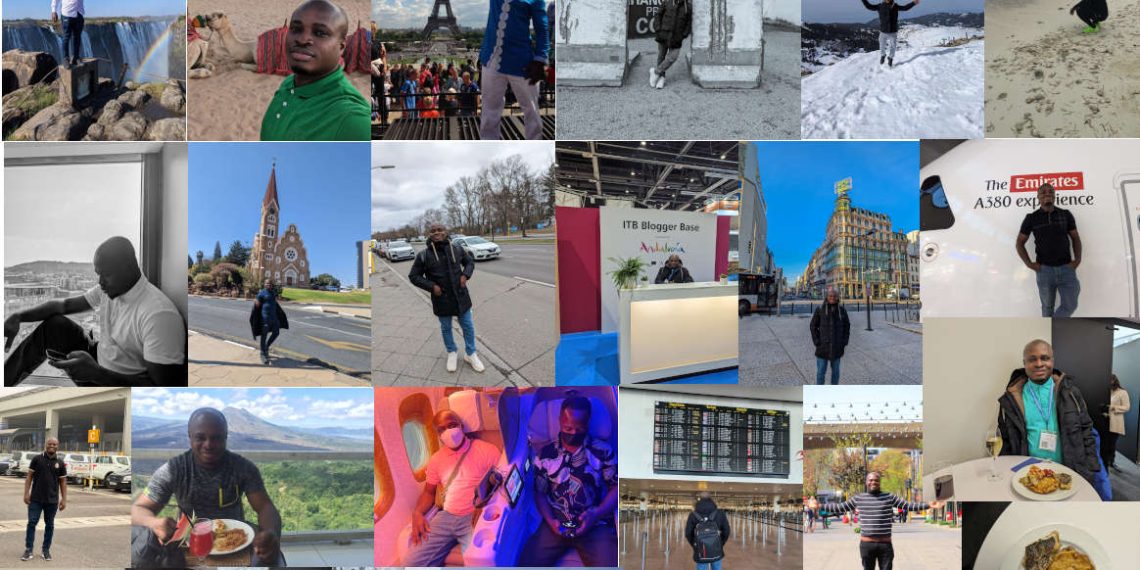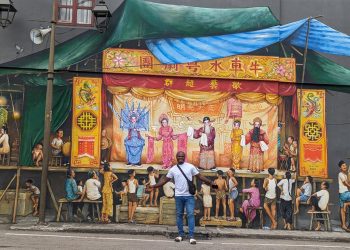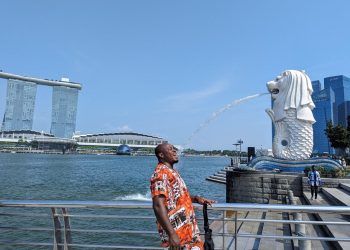Singapore, a global hub for technology and innovation, boasts a thriving digital landscape.
However, the city-state’s commitment to maintaining order and upholding societal values is reflected in its stringent laws regarding online content.
Government Authority and Online Content Regulation
Singapore’s government holds significant authority when it comes to regulating online content.
The Online Criminal Harms Act empowers the government to take swift action against content suspected of being used for criminal activities.
This includes the ability to instruct individuals, entities, online service providers, and app stores to remove or block access to content that is deemed criminal or harmful.
Blocking Access to “Mass Impact Objectionable” Material
Under the Online Criminal Harms Act, the government has the authority to block websites containing “mass impact objectionable” material.
This category encompasses content deemed harmful to society, including but not limited to pornography, information about drugs, and online piracy.
The government’s power to block access to such content is part of its broader strategy to maintain a safe and wholesome digital environment.
Prohibition of “Obscene” Materials
Singapore’s strict stance extends to the distribution of materials deemed “obscene.”
This encompasses content that goes beyond societal norms and is considered offensive or inappropriate.
Violation of this prohibition can result in legal consequences, including up to three months in jail, a fine, or both.
Still have some travel questions? Ask in our Travel WhatsApp Group.








